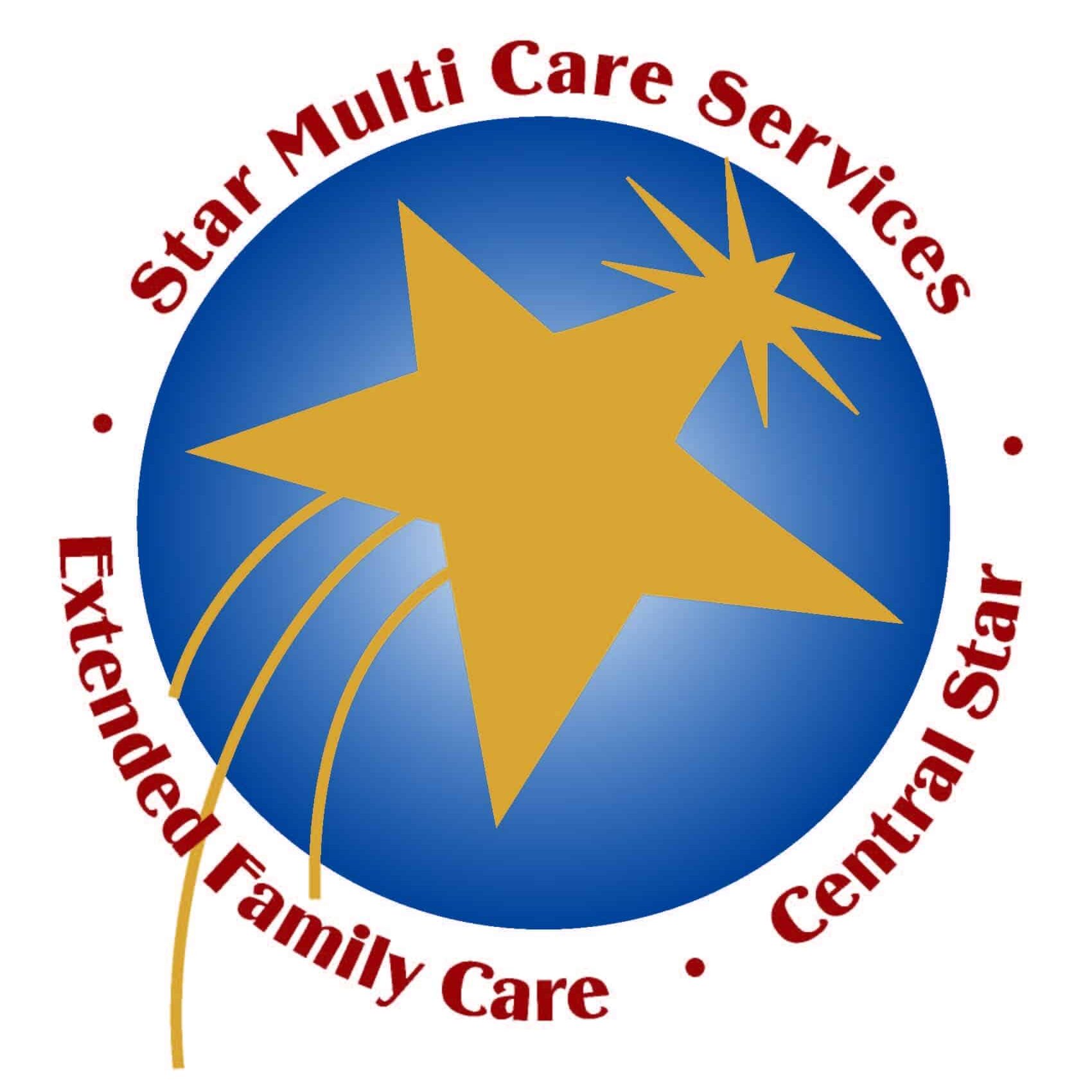Heart surgery is an incredibly invasive surgery and requires some specialized care as seniors recover. Hospital to home transition care can be there every step of the way to offer the assistance that seniors and family caregivers need to make recovery easier and to keep patients from heading back to the hospital.
Here’s what families need to know.

Pain Management
Any major surgery involves some pain during recovery, unfortunately. After heart surgery, there is likely to be itching and pain around the area of the incision. Physical therapy is common after heart surgery, especially when seniors are increasing their activity levels and improving heart health. Seniors may also need other types of therapy, like occupational therapy, to help them with recovery and pain management.
Wound Management
When seniors get discharged from the hospital, they’ll get detailed discharge instructions that give them information for caring for their incisions. Hospital to home transition care can help families understand incision care instructions more easily. They can also help families find other types of care that can help with wound management, like skilled nursing care. Whether seniors need daily care at home with wound management or simply want a nurse to check on them periodically, these options are available for heart surgery patients as they recover.
Movement While Recovering
Most patients recovering from heart surgery are expected to walk every day. Each patient’s actual recommendations are going to vary based on their unique health situation. Regular activity, especially walking, can help to improve circulation and reduce side effects like swelling in the extremities. Hospital to home transition care experts can help seniors understand how much movement is okay and what types of activities are safe based on their discharge instructions.
Elevate the Legs While Resting
Another common recommendation is to elevate feet and legs while resting. This helps to minimize swelling as well. The common instruction is to make sure that feet are elevated higher than the heart for a specific amount of time per day. Crossing legs or feet is usually discouraged because this puts pressure on the circulatory system and makes the heart work harder than it should.
Watch for Symptoms of Complications
Hospital to home transition care experts can also help families and seniors recognize symptoms that might require a call to the doctor. If patients are experiencing more pain than expected after surgery or are experiencing fatigue, shortness of breath, or tenderness of the incision, these are important symptoms that shouldn’t be ignored. A fever is another indication that surgical patients might need medical attention sooner rather than later. Addressing these issues quickly reduces the risk that patients end up hospitalized again during their recovery.
Recovery after a procedure like heart surgery is a big deal, but it doesn’t have to feel impossible. Hospital to home transition care can be there for families as seniors recover. These care professionals understand what families are up against and can help with resources like home care as well as information to help families keep seniors safe after surgery.
If you or an aging loved one is considering Hospital to Home Transition Services in Northport, NY, please contact the caring staff at Star Multi Care today. Call (631) 424-7827
Star Multi Care is a Trusted Home Care Agency serving Long Island and NYC, including Dix Hills, Floral Park, Great Neck, Huntington, Manhasset, Massapequa, Northport, Plainview, Rockville Center, Stony Brook, Suffolk County, Nassau County, and Queens County.
- What to Expect During Recovery from Heart Surgery - May 22, 2025
- Celebrating Our Team – May Highlights - May 21, 2025
- Connecting Seniors to Resources: Join Us at the Herald Senior Health & Beyond Expo - May 15, 2025

